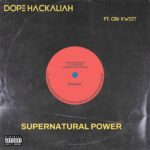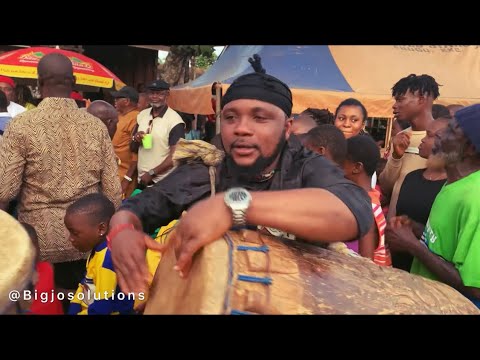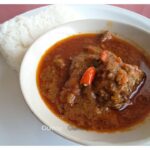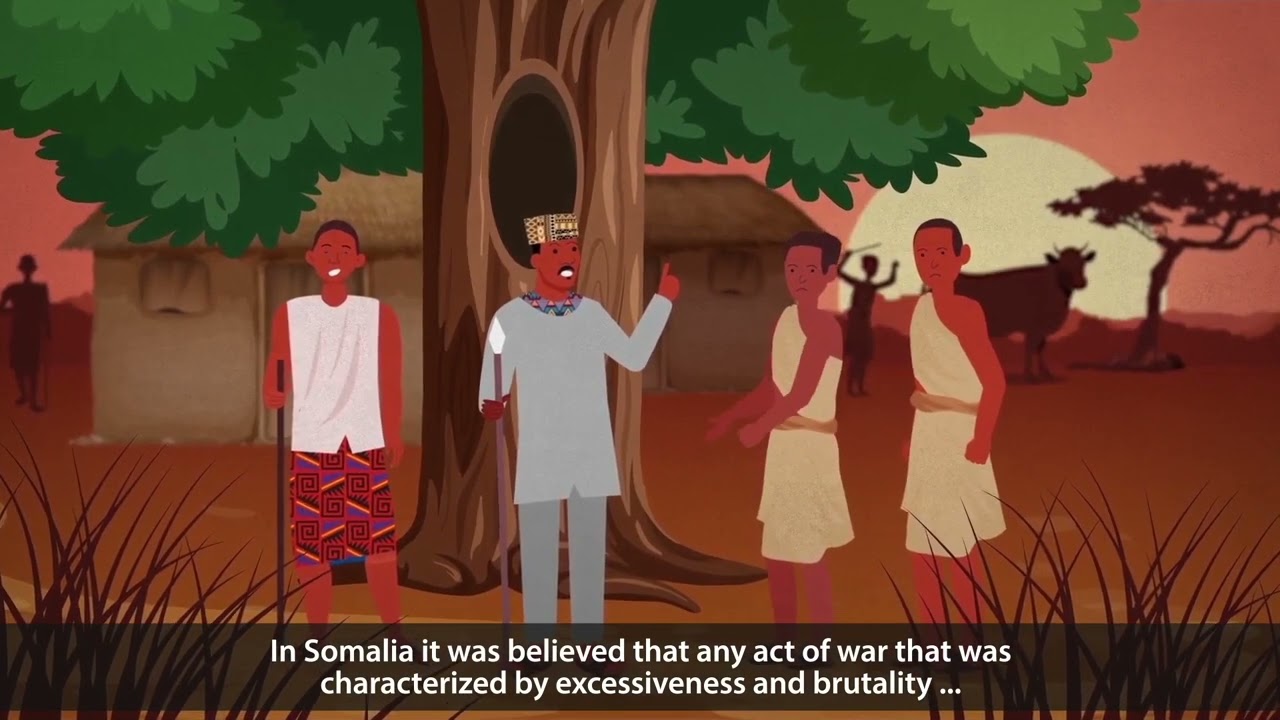The people of Eke, Udi Local Government, Enugu State, are nearly 100 per cent Catholic faith. Yet, they love their culture and would go to any length to promote and preserve it.
Igwa Nshi Festival, also known as Egwu Abia, is the flagship and indeed the embodiment of Eke culture and tradition. Celebrated annually at Eke, it is a festival of drums. People from the five villages that make up the community will troop to Amankwo Square with all sizes of African drums.
The whole community came alive again as they marked this year’s festival with drums and other musical percussions laced with traditional African chants. While the men beat the drums and danced; women, girls and children also danced with excitement. The essence of the event was depicted by a woman of about 80 years seen dancing in her wheel chair at the square.
Guests were treated to well-prepared local snacks; Okpa Wawa and Jigbo, popularly called Abacha or African salad.
Oral history has it that Eke as the second son of Oshie Anugwu had to leave his father’s House (Nkolo) to his bbrothe’s, Nsude and migrated to their present abode. He settled and gave birth to five sons. Naturally they blossomed into five villages.
Eke’s success bred enemies from neighbouring towns, especially those who felt they were dispossessed of their ancestral lands. The outcome was internecine communal warfare. Eke in view of the incessant warfare adopted two strategies: resort to juju or traditional medicine and had to solicit the support of the descendants of Nsude, his elder brother and the sister, Umu-Neke.
Former Minister of Foreign Affairs, Geoffrey Onyema and Director General of Voice of Nigeria (VON), Osita Okechukwu, are two of the prominent indigenes of Eke. Okechukwu who led his village contingent to the Amankwo Square, venue of the celebration directly in front of his country home, told Daily Sun:
“With the advent of Christianity, Eke people were converted that today 99% are Catholics sect of Christian faith. However, we continued the Igwa Nshi annual festival with the caveat of shedding the traditional medicine rituals like elephant mutation.”
An indigene of the community and ardent promoter of the Igwa Nshi, Suleman Onyeama, said: “It begins with when the moon is sighted, there is a place called Imama village. They are the ones to declare the Igwa Nshi. When they declare the period, a date is fixed. Then we do what is called Nshi Umuaka for the children. A week after that, there is the one for the senior people which is today.
“Then in Amankwo, even when they are singing, you will be hearing Akama Eke and Obunagu. The Akama Eke people are at the other end. They will come out; go and visit their people at Obunagu who will follow them back to their place. Then all of them will come out to the open field and continue with the drums and everything.”
He said the villages in Amankwo including Imama, Akamaeke, Obunagu, Obuagu are interrelated except Umueziowo: “All of them have affiliations. I think the only part they don’t have areas to go or visit people is Umueziowo but aside from that, these other people are interrelated. They are from one clan to the other and all of them come together.”
Another prominent son of Eke, Chief Emeka Ude, who celebrated the event with pomp in his country home, said he had marked the Igwe Nshi for about 15 years running. For him, it was some kind of reunion for the people of Eke who had scattered to different parts of Igbo land after their adversaries of Ebe, Egede, Afa and others engaged Abiriba warriors and fought them centuries ago:
“So, after the protracted war, one man came back here and discovered that nobody was here anymore. Because our people were scattered, he called some few people and asked what they were going to do for our people to return home.
“Do you know what happened? The few of them went and hired a native doctor, a woman from another neighbouring community. That woman came and told them that the only way was to perform some sacrifice. That sacrifice, she asked them to bring Abia, Ekwe and every other thing. She performed some rituals. They started beating Abia after some sacrifice and rituals.
“This Igwa Nshi festival is highly spiritual. When you hear the sound wherever you are, even if you are farming, you drop your hoe and start coming down. It was the diviner that told our people to celebrate it annually. That is what we are doing.
“We are now celebrating when our people returned. Some returned from Nike, Ngwo and other neighbouring communities. Even as we speak, there are still some of our people who are outside.
We mark this celebration between May and the first week of June. Within a short time, all of us will carry this Abia and start playing. This is celebration of return, freedom and everything in-between.
“This celebration is more than Christmas for Eke people. I came back from Abuja two days ago because of this celebration. In less t……
source












